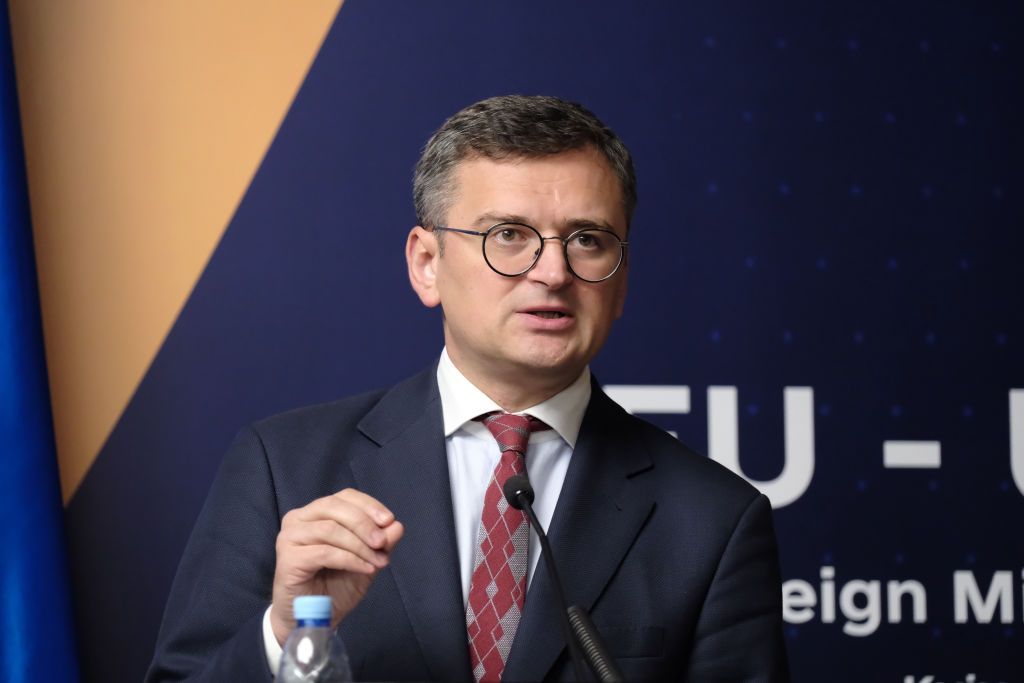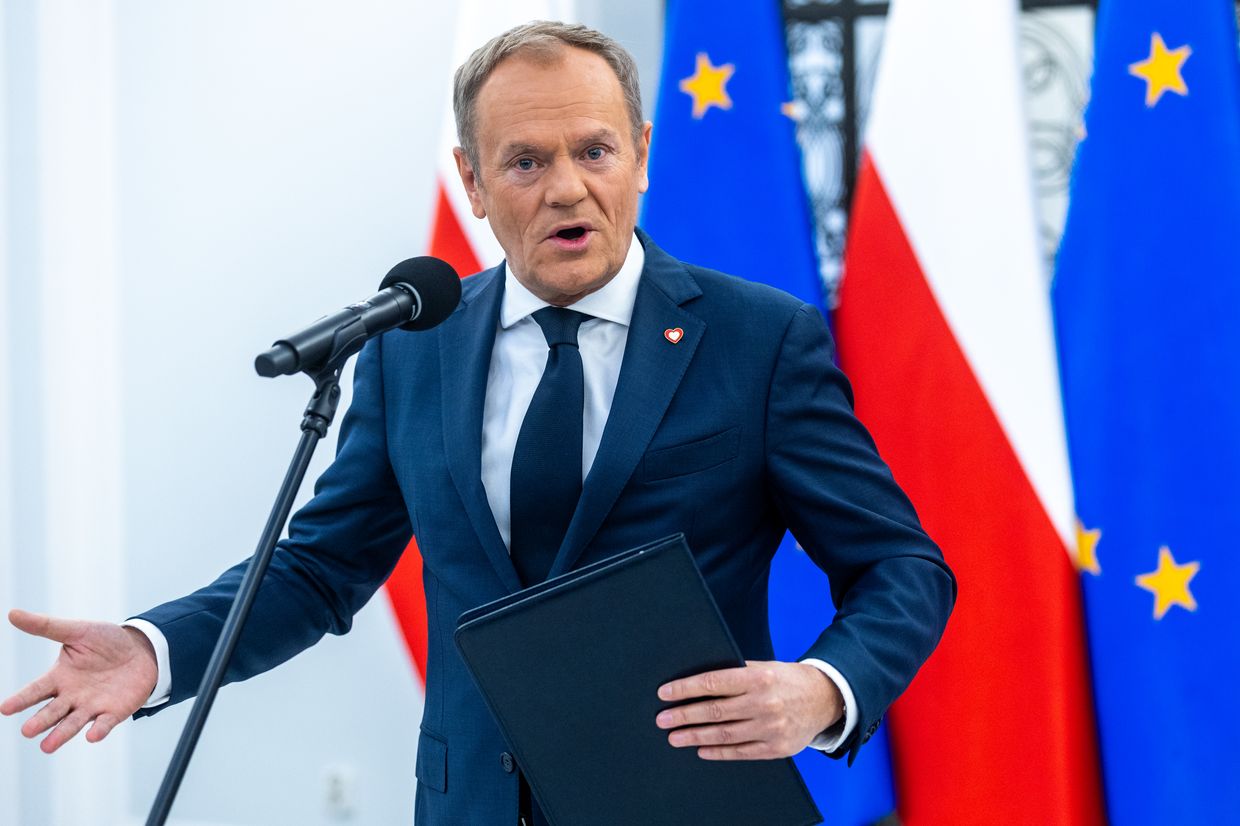Hungarian FM: Hungary's position on Ukraine EU accession unchanged.
Hungary's position on Ukraine's EU accession remains unchanged, Hungarian Foreign Minister Peter Szijjarto said on Facebook on Dec.
11, following a meeting with Ukrainian Foreign Minister Dmytro Kuleba. The talks between the foreign ministers come days before a European Council summit on Dec.
14, where Hungary is expected to try to block the launch of Ukraine's EU membership talks. Since the start of Russia's full-scale invasion of Ukraine, Hungary has repeatedly obstructed EU funds for Kyiv while opposing sanctions against Russia, straining relations between Budapest and Kyiv.
Ukrainian and Western leaders and officials are seeking to sway Budapest away from blocking the start of Ukraine's membership talks. Hungarian Prime Minister Viktor Orban claimed in November that Ukraine was "light years" away from joining the EU, despite the fact that the European Commission published its official recommendation on Nov.
8 that Ukraine was ready for talks to begin. Szijjarto and Kuleba's meeting on Dec.
11 was the first time the two met in person since the start of the full-scale invasion. Szijjarto has visited Russia five times since February 2022. "The European Commission has not completed the preparatory work that could guarantee that Ukraine will continue accession negotiations in a mutually beneficial way," Szijjarto claimed on Facebook after meeting Kuleba.
"The proposal for the decision is unprepared, the European Commission has practically no idea about the impact of Ukraine's membership in the EU would have on the whole community," Szijjarto said.
Kuleba: Failure for EU to give Ukraine approval to begin membership talks would be 'devastating' It would also be a sign that the EU cannot deliver on historical commitments, said Foreign Minister Dmytro Kuleba.

Kuleba described the meeting as a "sincere" and "thorough conversation," which lasted for around an hour. "We have known each other for a long time," Kuleba posted on Instagram. "We answered each other's questions honestly." Regarding Hungary's decision on whether to allow Ukraine's EU accession talks to start, Kuleba said that he understands "everyone is waiting for the answer: yes or no?
Give it some time. I will now report to President Zelensky. Peter will report to his Prime Minister."
The two also discussed Ukraine's 2017 language law, according to Szijjarto. The law requires at least 70% of education above fifth grade to be conducted in Ukrainian and has become a critical point in the long-running dispute between the two countries. Hungary claims that the law discriminates against the Hungarian ethnic minority in Ukraine, which is thought to number around 80,000, the vast majority of whom live in the western region of Zakarpattia.
Kyiv has said that it does not intend to crack down on its minorities, only to ensure that every Ukrainian citizen has sufficient knowledge of Ukraine's official language. Reforms to national minorities legislative were also listed among the seven membership criteria presented to Kyiv by Brussels. Ukraine has made two updates to the law based on recommendations of the Venice Commission, an advisory body of the Council of Europe.
The meeting of the foreign ministers followed a "frank" conversation between Orban and President Volodymyr Zelensky at the inauguration of Argentinian president Javier Milei on Dec.
10.
Tusk says Orban government 'openly' supports Russian positions
?(Hungarian Prime Minister Viktor) Orban does not hide it," Donald Tusk added, saying, "his relationship with Moscow is organic."
